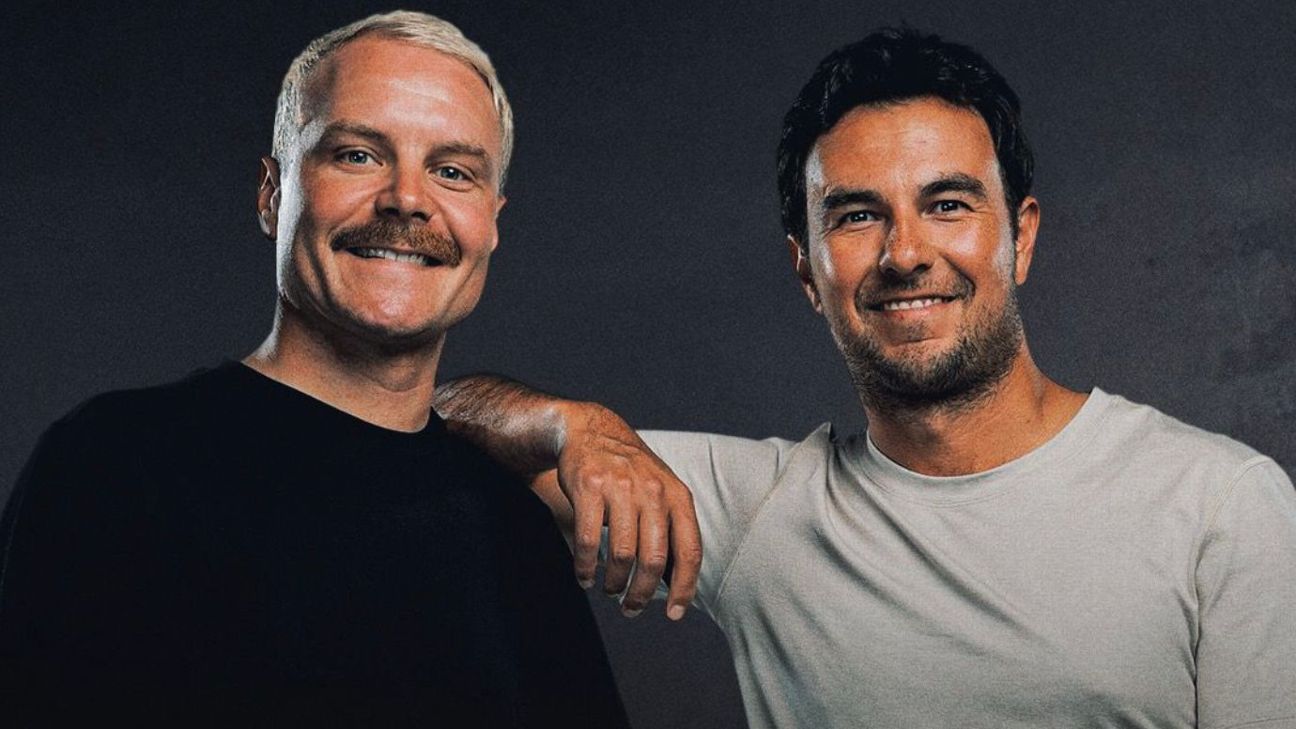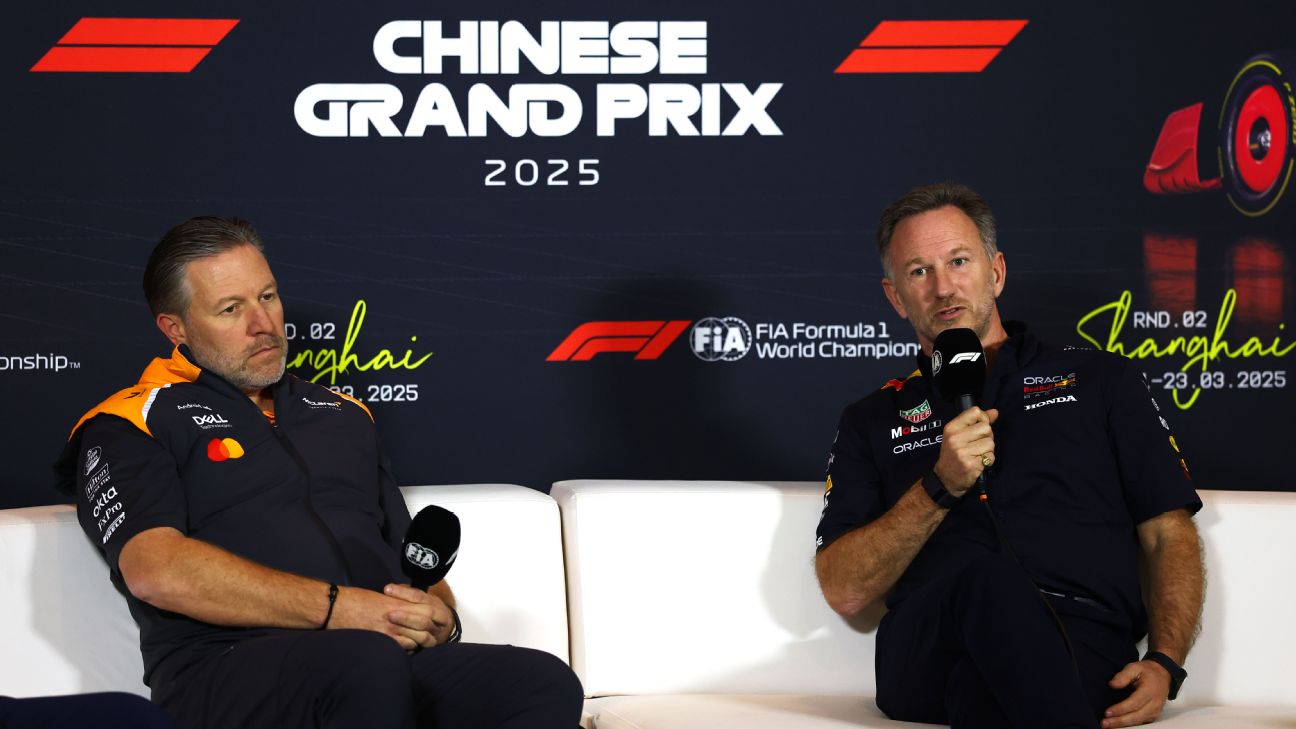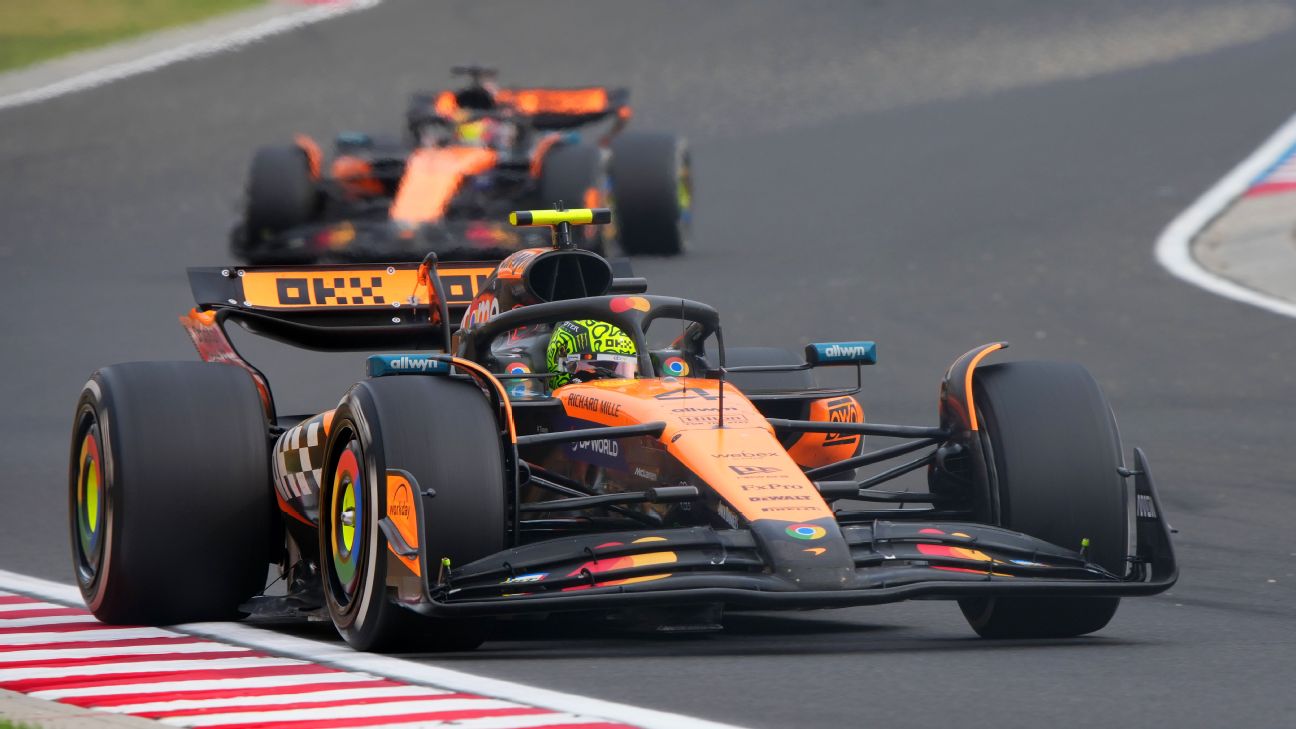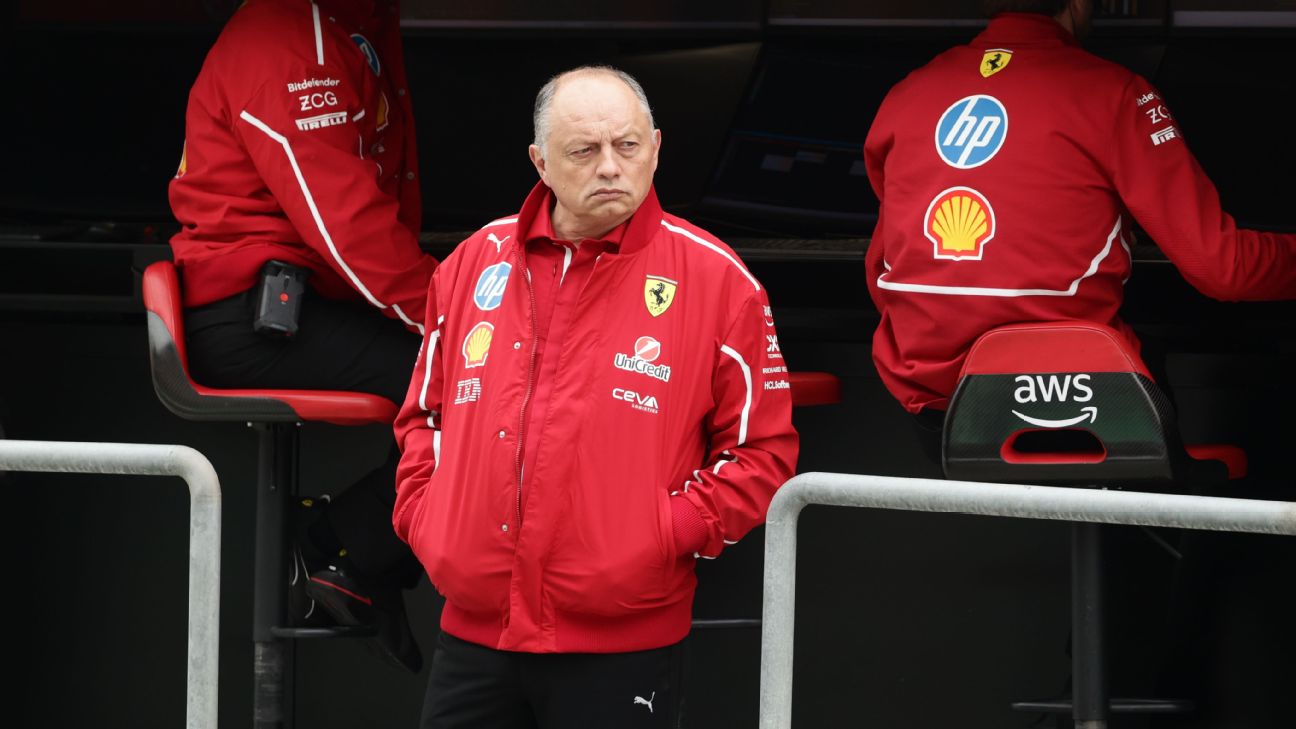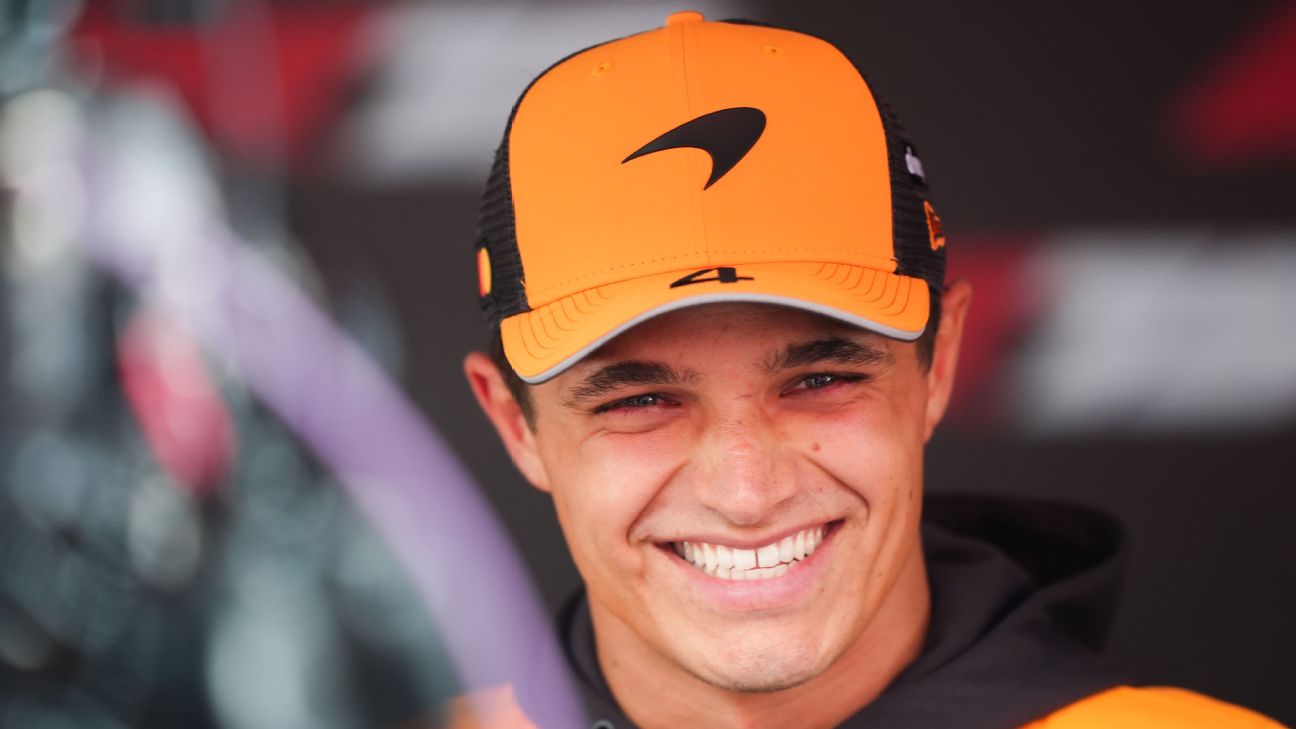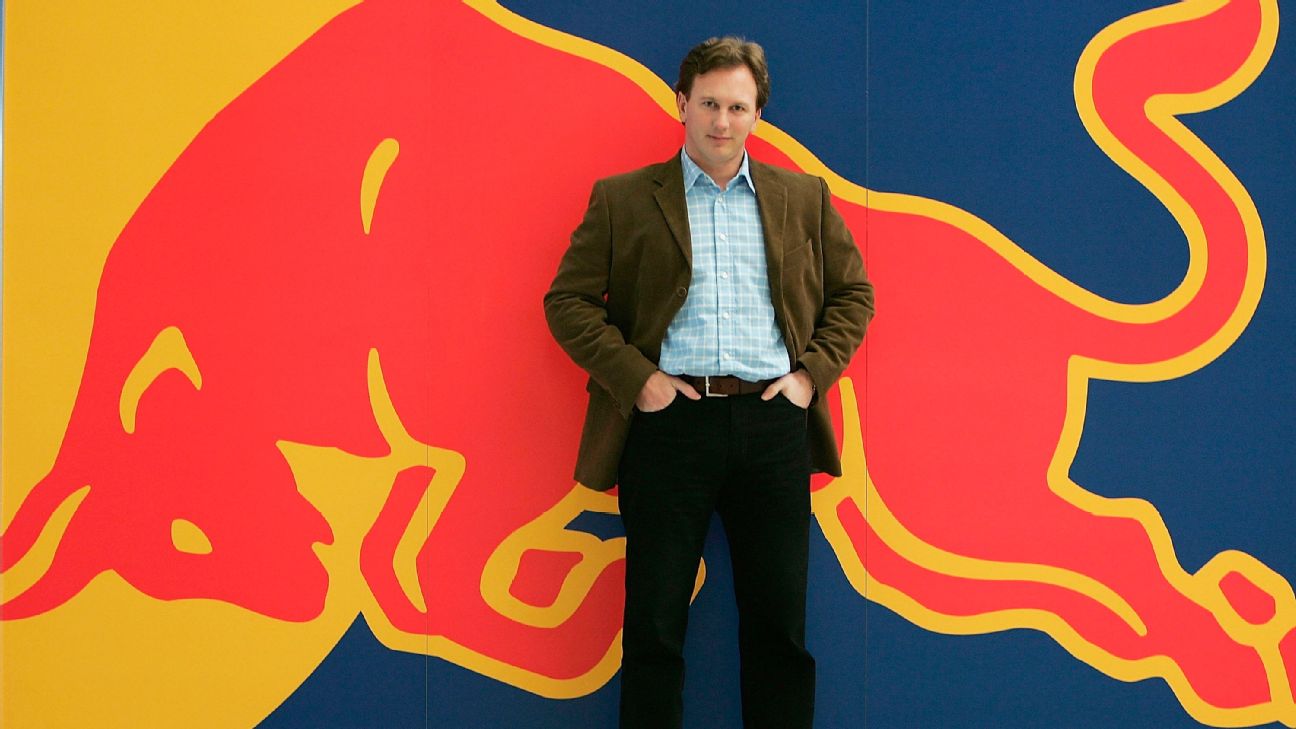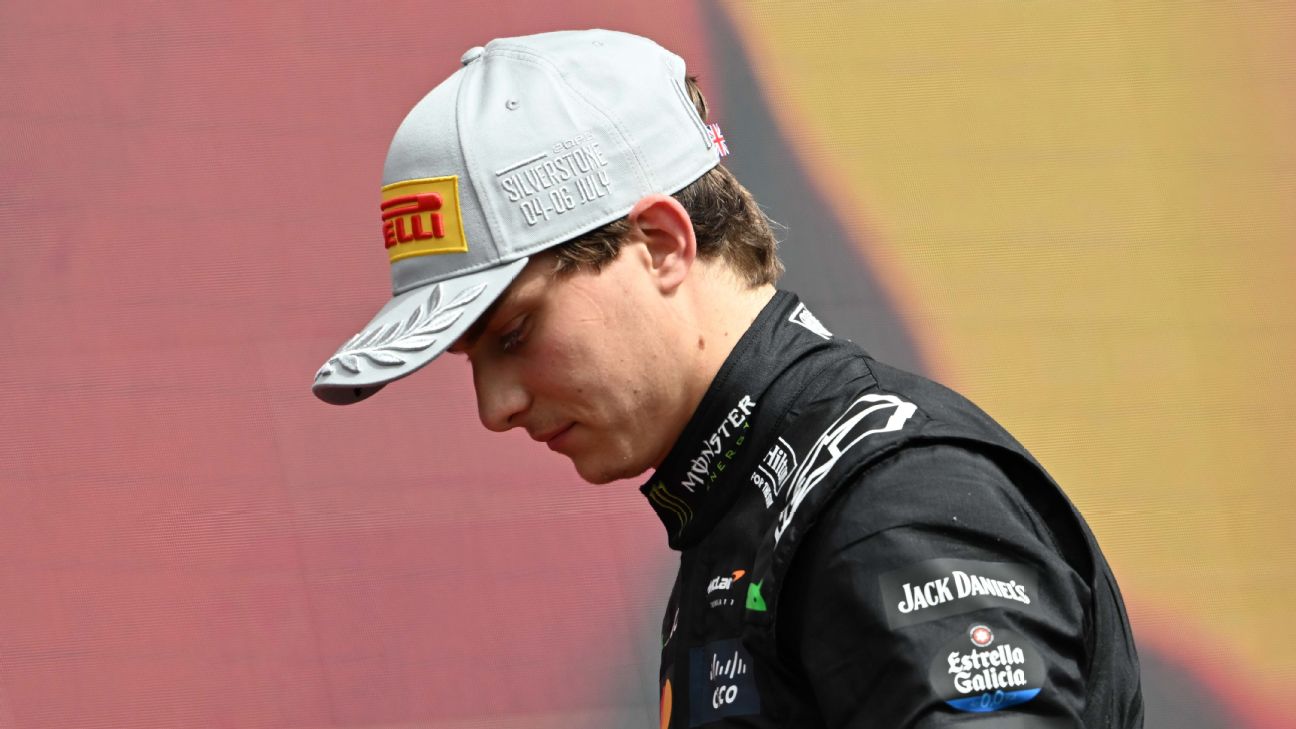The Future of F1: Why Hybrid Powertrains Are Crucial Over Nostalgic V10s
Aston Martin's Andy Cowell advocates for F1 to stay committed to hybrid technology over reverting to V10 engines, emphasizing sustainability and efficiency for the sport's future.
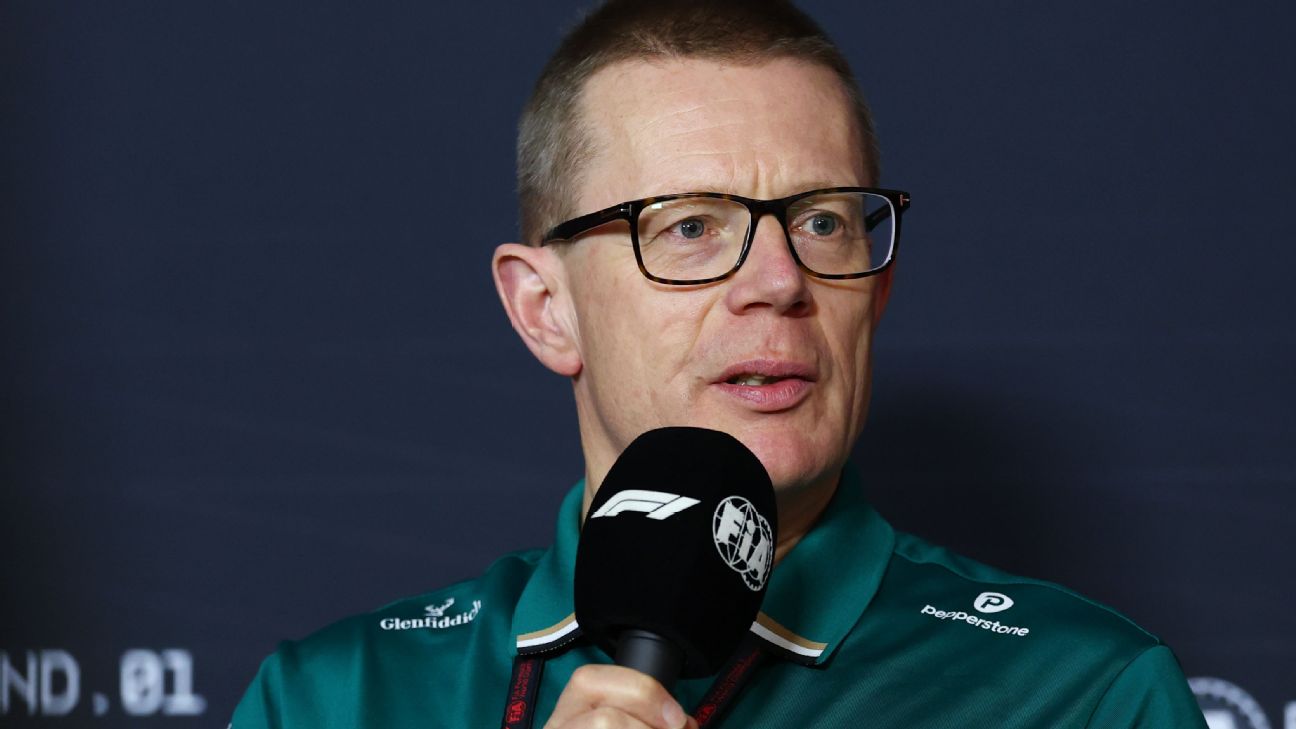
Hybrid Over Nostalgia: Cowell's Case for F1's Future
Aston Martin CEO and team principal Andy Cowell has urged Formula 1 to prioritize its planned hybrid powertrains for the 2026 season rather than hastily reintroducing V10 engines. His comments come amid discussions within the FIA about simplifying F1's engine regulations by potentially reviving the iconic V10s as early as 2028.
The 2026 Hybrid Vision
The upcoming 2026 power units, finalized in 2022, will feature a 50/50 split between electrical energy and a turbocharged V6, marking a significant leap in efficiency over current turbo-hybrid systems. Cowell emphasized the importance of these regulations, which align with F1’s broader sustainability goals, including the introduction of 100% sustainable fuels in 2026.
"You refer to it as a new V10, I'd refer to it as an old V10," Cowell remarked. "We’ve got a clear path forward—focus on sustainable fuels, battery efficiency, and aerodynamic advancements that reduce energy waste."
Why Hybrids Matter Beyond F1
Cowell highlighted how the 2026 regulations make F1 technology more relevant to the automotive industry:
- 350 kW electric machines with industry-leading efficiency.
- Reduced fuel consumption and optimized aerodynamics via "straight-line mode."
- Battery technology transferable to consumer electric vehicles.
Manufacturer Commitment at Stake
With manufacturers like Honda investing heavily in hybrid development—Aston Martin will switch to Honda power in 2026—Cowell warned that backtracking to V10s could undermine these commitments. "Honda’s dedication to electrification is unwavering. The 2026 rules make F1 a proving ground for innovations they can apply elsewhere," he noted.
The Road Ahead
The FIA has clarified that any engine changes post-2026 would require unanimous stakeholder approval. Cowell expects the hybrid regulations to run through 2030, with discussions about 2031’s rules beginning in the next 18 months.
"These powertrains take years to develop. Let’s focus on perfecting the current plan before chasing the past," he concluded.












